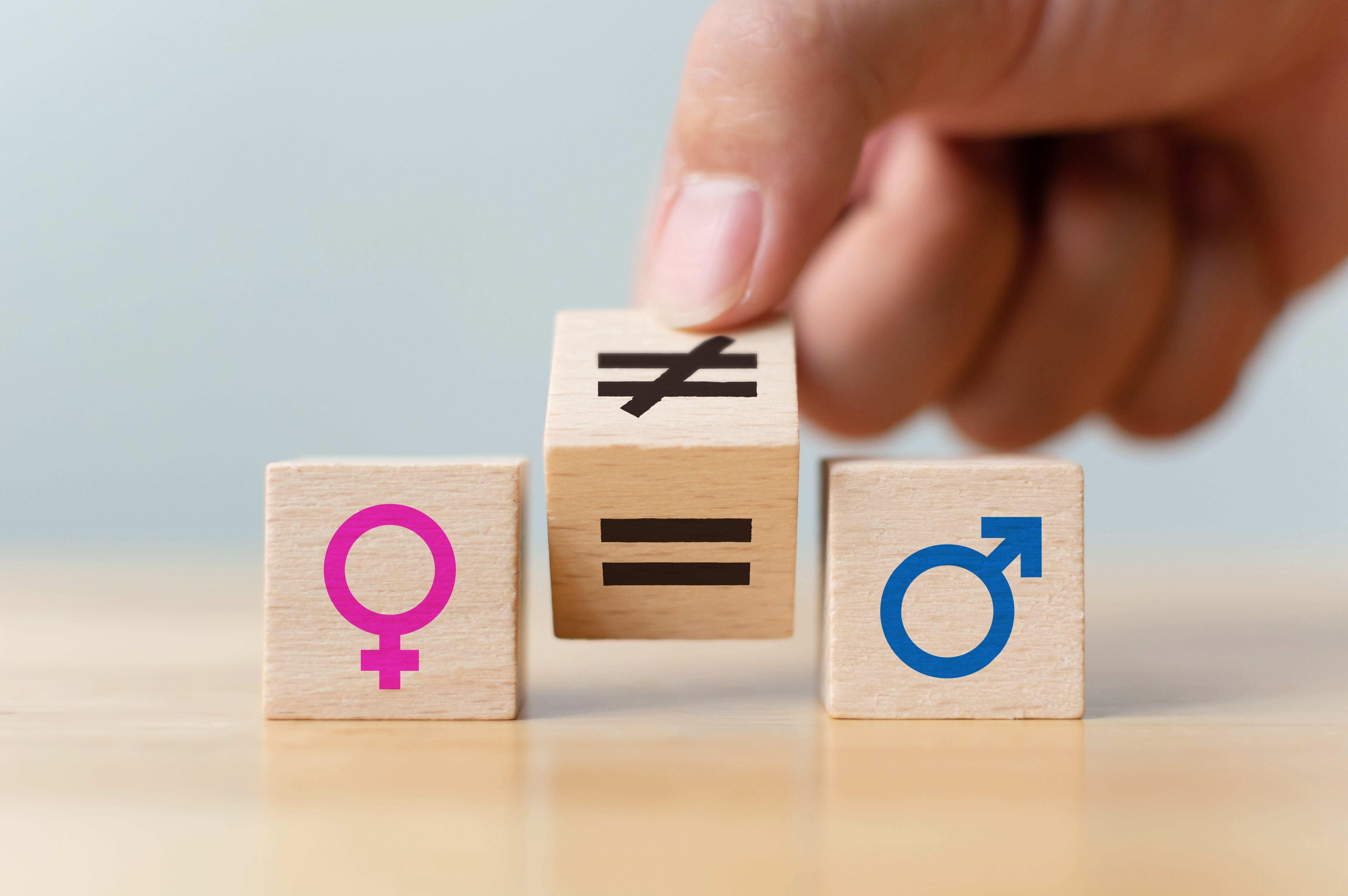Liberal International
Are governments doing enough to defend women's gains in democracy and governance?

Hand flips wooden cube with symbol unequal change to equal sign
© ShutterstockGovernments around the world have taken various steps to promote gender equality and empower women. However, the scope and effectiveness of these efforts in safeguarding women's gains in democracy and governance vary significantly across countries and regions.
At the 64th Congress of Liberal International in Santiago, Chile, women leaders in a side event hosted by the International Network for Liberal Women (INLW) convened to discuss their experiences, challenges, and victories. In her opening remarks at the event, INLW President Khadija Oum Bachair EL Morabit noted that despite progress made, significant challenges and inequalities persist. Women remain underrepresented in leadership positions, particularly in top decision-making roles. They often face discrimination, bias, and limited access to resources and opportunities. Moreover, the gains made by women can be fragile and subject to setbacks, especially during political instability or when conservative forces rise to power.






Some governments have introduced policies and legislation aimed at addressing gender discrimination and enhancing women's participation in political and economic life. These initiatives include quotas for women in government, affirmative action programmes, and laws designed to protect women's rights. However, the implementation and enforcement of such policies can be inconsistent, with cultural norms and societal attitudes often acting as barriers to progress.
Globally, the rise of populism and nationalism has posed additional challenges, undermining women's rights and eroding democratic norms. In some cases, governments have rolled back hard-won gains, such as access to reproductive healthcare and education. The COVID-19 pandemic further exacerbated these issues, disproportionately affecting women and reversing some advances in gender equality.
Despite these obstacles, several countries have made notable progress. In Africa, nations such as Rwanda, Senegal, Sierra Leone, South Africa, Kenya, and Namibia have implemented measures including gender quotas, mixed electoral systems, and penalties for political parties that fail to meet representation requirements. These efforts aim to ensure women's participation in parliament and other decision-making bodies. Nordic countries have consistently ranked highly on gender equality indices, supported by robust legal frameworks that safeguard women's rights and promote equality across various sectors. Other nations, including Canada, New Zealand, and Costa Rica, have made significant advances in women's political representation, addressing gender-based violence, and fostering gender equality.
While there have been positive developments, such as the increasing number of women in leadership positions, more needs to be done to ensure that women's rights are fully protected and that they can meaningfully participate in decision-making processes at all levels. This requires sustained efforts from governments, civil society organizations, and individuals to challenge discriminatory practices, promote gender-responsive policies, and create a more inclusive and equitable society.
Other speakers at the event included Hakima Elhaite, immediate former president of Liberal International. Gloria Hutt, President of EVOPOLI party in Chile. Astrid Thors, LI Vice President, Veronica Lagos, Undersecretary of Tourism, Chile. Stenah Shampile, International Relations Chairperson, UNDP, Zambia. The session was moderated by Judith Pallares, the incoming INLW treasurer and also the president of the ACCIO Party in Andorra. Notable members from INLW who graced the meeting are Lysbeth van Valkenburg- Lely, ILNW Treasurer, Josephine Wu Vuylsteke vice president of the Asia Pacific region among others.
